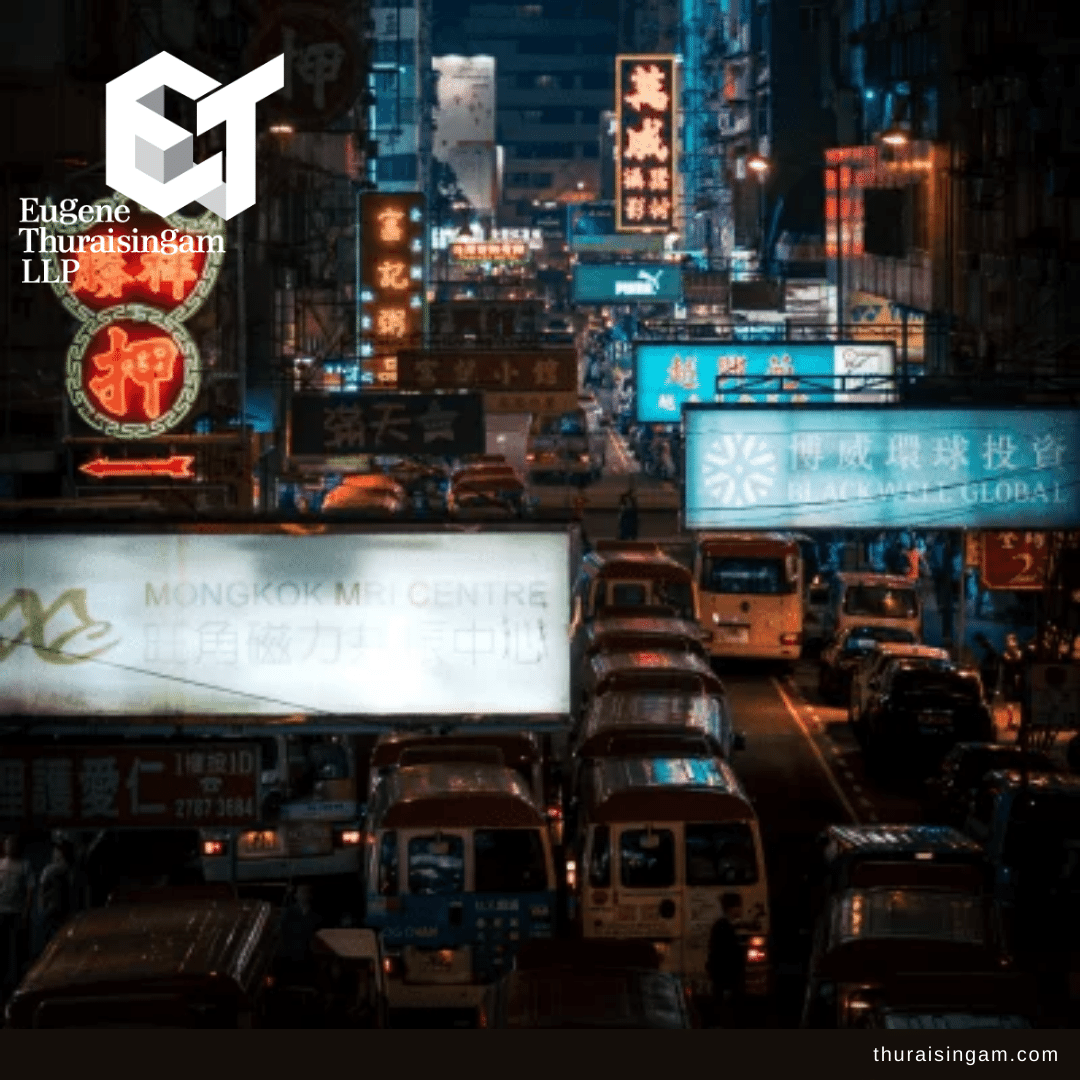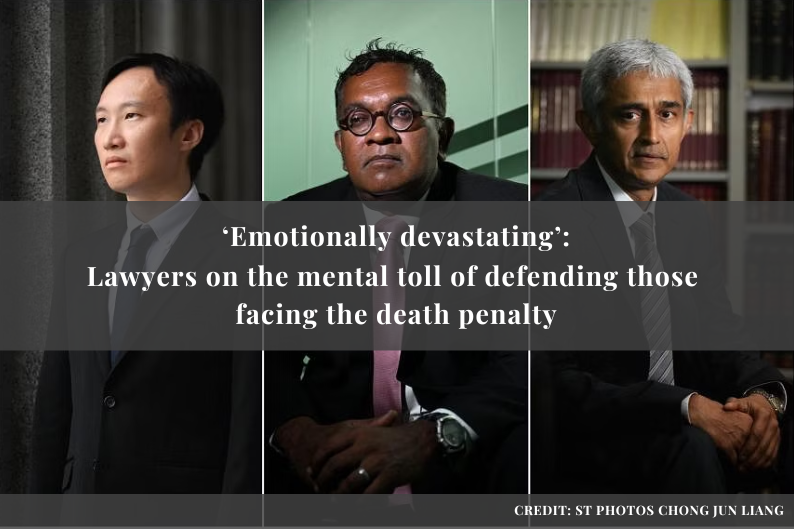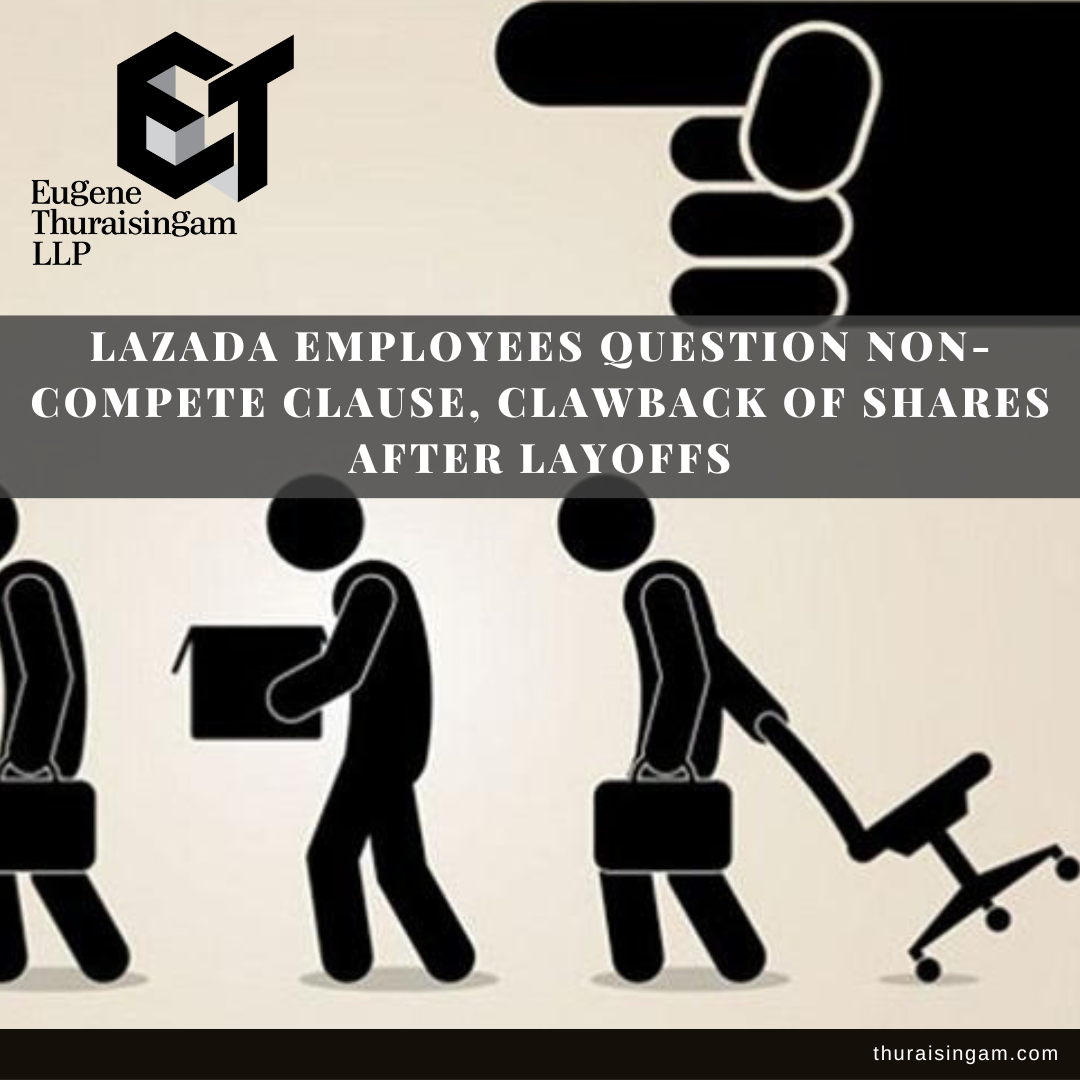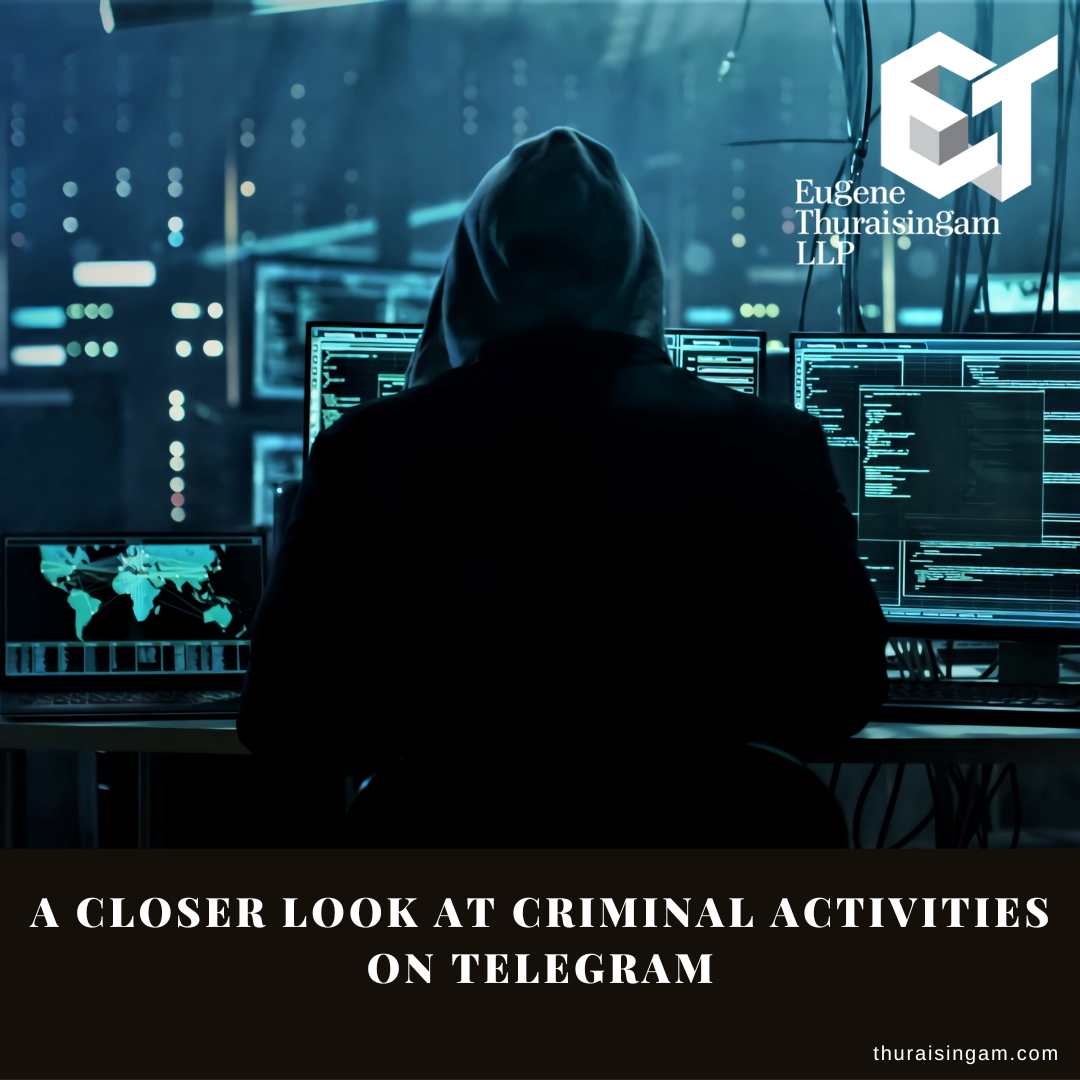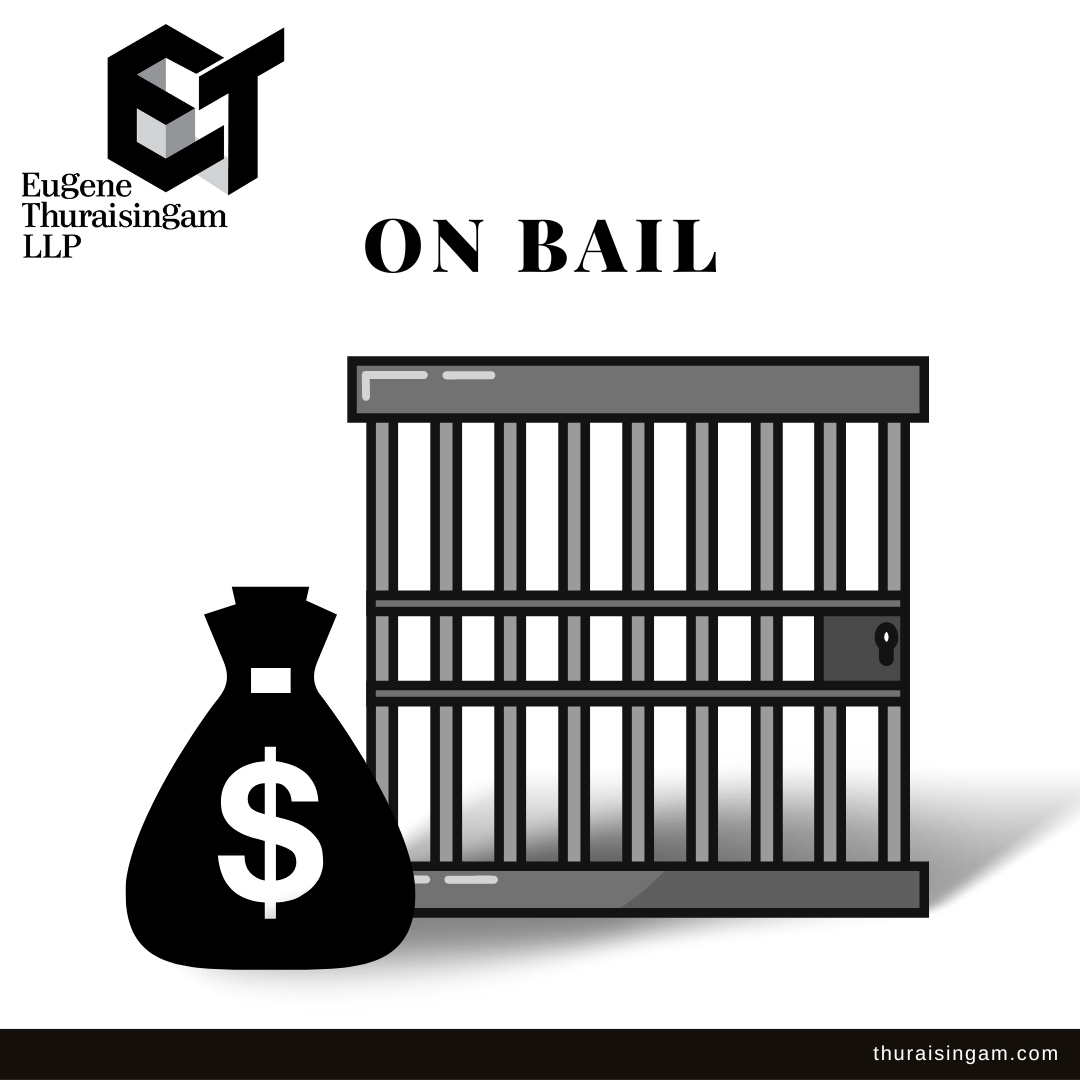Public Assembly in Singapore under Public Order Act
How is public assembly defined in Singapore?
1. Introduction
On 7 November 2019, the Singapore Police Force released a statement involving Alex Yeung.
Alex Yeung, a Hong Kong resident and restaurateur, allegedly organised a talk at Kimoto Gastro bar located at The Sail@Marina Bay before moving the talk to the public area in the vicinity of The Promontory at Marina Boulevard. Currently, his passport has been impounded while he is assisting the Police with ongoing investigations.
2. Background
Public Order Act is an act that regulates public assemblies in public places. “Public assembly” is defined by the Act as an assembly held or to be held in a public place or to which members of the public in general are invited, induced or permitted to attend. The Act also provides that:
“public place” means —
(a) any place (open to the air or otherwise) to which members of the public have access as of right or by virtue of express or implied permission, whether or not on payment of a fee, whether or not access to the place may be restricted at particular times or for particular purposes, and whether or not it is an “approved place” within the meaning of the Public Entertainments Act (Cap. 257); or
(b) a part of a place that the occupier of the place allows members of the public to enter, but only while the place is ordinarily open to members of the public
Under the Public Order Act, it is illegal to organise or participate in a public assembly without a Police permit in Singapore. Any permit for assemblies that advocate political causes of other countries will not be granted .
3. Jing Yen comments in SCMP
Approached by South China Morning Post, Chooi Jing Yen said that it is easy to run afoul of the Public Order Act because public assembly is defined quite broadly in Singapore.
The purpose need not even be political – the promotion of any cause will do,” he said. “The definition of ‘public place’ is arguably also wide enough to cover the bar at which the gathering started.
…it is uncommon for Singapore authorities to impound a visitor’s passport.” He said “it might be unfair for a foreigner, especially a tourist, to be detained in Singapore for a prolonged period of time during an investigation.

